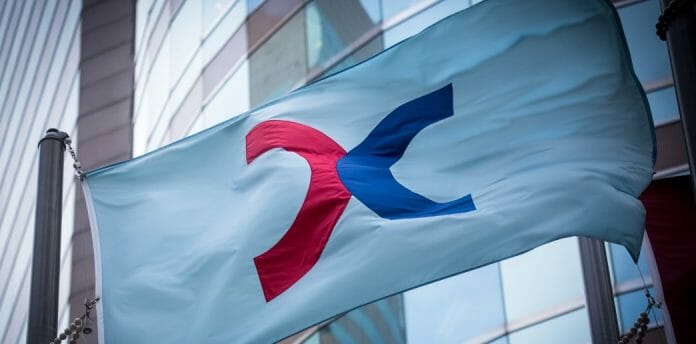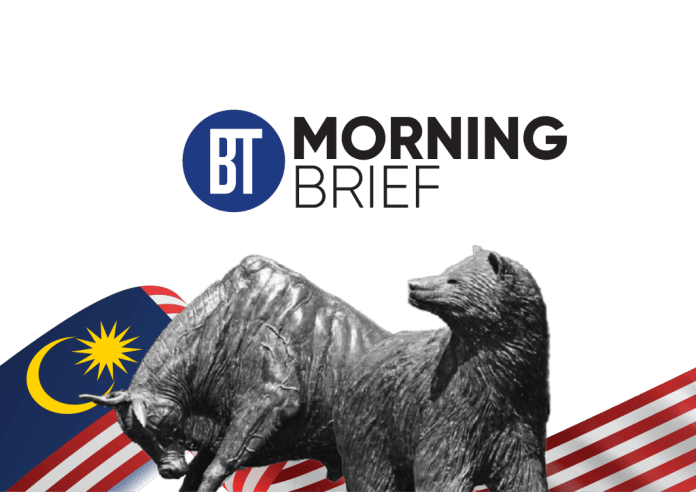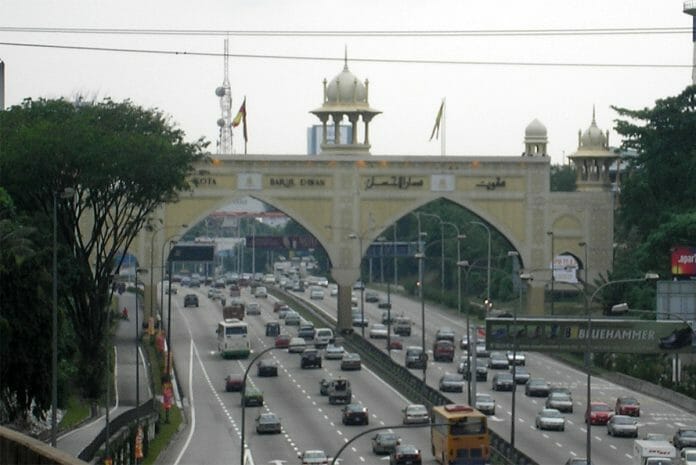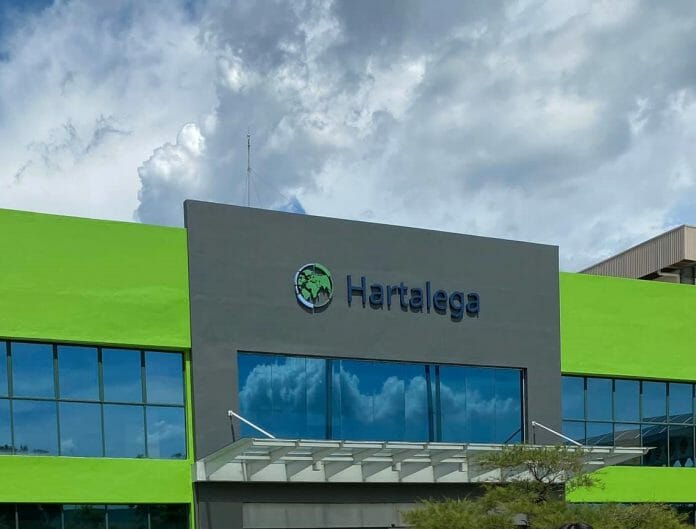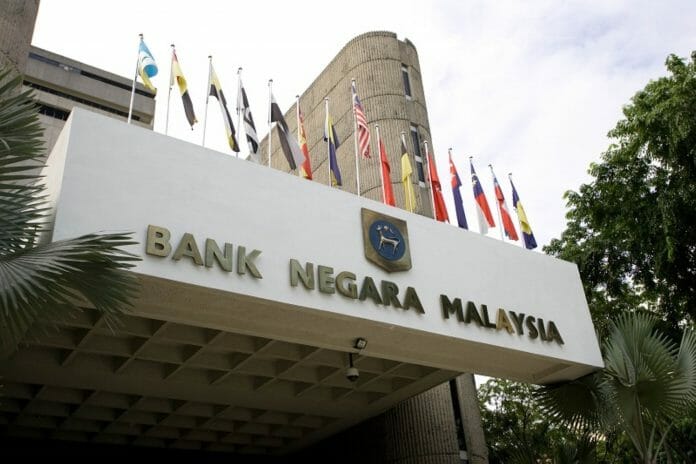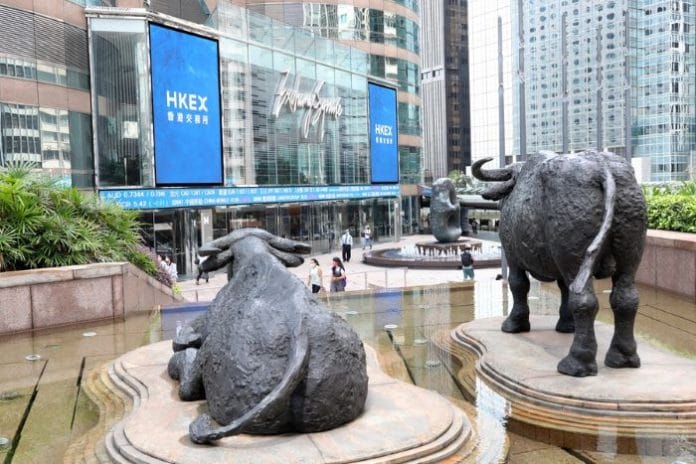Dr. Soumya Swaminathan is chairperson of the M.S. Swaminathan Research Foundation, which supports the application of modern science and technology for agriculture and rural development, and co-chair of Our Common Air, a global commission on air quality. She was previously chief scientist at the World Health Organization. These views expressed are solely hers.
The air we breathe is a silent but formidable killer. A staggering nine out of 10 people worldwide are exposed to unsafe air, both indoors and outdoors.
This crisis is claiming the lives of 8 million people annually, casting a pervasive shadow over community health and economies globally. The burden of unsafe air, though, falls disproportionately on developing nations, which are grappling with limited resources, a shortage of technical capabilities and equity concerns.
From the frosty winters of New Delhi to the bustling streets of Sao Paulo, bad air is not just a seasonal woe. It is a constant menace to lives and livelihoods, especially for those most vulnerable in society.
If 2023 saw air pollution finally become a topic of discussion in climate negotiations, 2024 must see it addressed and investments flow in.
Beyond immediate mortality, air pollution is a public health emergency, increasing the risk of ailments such as Type 2 diabetes, obesity, systemic inflammation, Alzheimer’s and dementia. Indeed, the International Agency for Research on Cancer categorizes air pollution as a leading cause of cancer.
As a pediatrician, I am especially concerned that growing children, who have smaller airways and lungs, are acutely vulnerable. Poor air quality also casts a negative shadow on people’s mental health and well-being, triggering depression, bipolar disorder and personality disorders. In 2018, the World Health Organization classified air pollution as a key risk factor for noncommunicable diseases globally.
The toll on economies is equally staggering. The World Bank estimates that the annual cost of air pollution-related illness and premature death is in the trillions of dollars globally.
In 2019, the public health cost alone was estimated at $8.1 trillion, or around 6.1% of global gross domestic product. Additional costs include the loss of productive days and pollution effects on agriculture and the overall ecosystem.
The nature of this invisible adversary that crosses borders highlights the urgent need to construct a compelling global case for clean air.
At December’s U.N. Climate Change Conference in Dubai, health was on the table for the first time. This acknowledgment of the issue shows how climate impacts are inseparable from public health and highlights the necessity of reducing greenhouse gases.
While aligning air quality goals with climate objectives is crucial, we must also ensure that clean air is not merely viewed as a byproduct of decarbonization but as an indispensable element of a just climate transition.
The vision of clean air can become a reality because we possess the knowledge, technology and resources to make a change. We only need the political will. In fact, during the early months of the COVID pandemic, cities around the world saw clear blue skies, heard birds singing and witnessed animals roam freely in the streets. The air was cleaner than it had been in centuries.
Our Common Air, a global commission that I co-chair, aims to build an “airshed” of solutions. Announced at COP28 last year, the initiative is a collaborative effort bringing together policymakers, financial institutions, intellectuals, communities and universities. Involved leaders have convened for the first time this week in Bellagio, Italy.
By focusing on the benefits of mitigating air pollution for both health and climate, we aim to unite efforts, leverage resources, create funding channels and establish a pool of viable clean air solutions. The importance of such initiatives becomes evident when considering that only 1% of international development funding and a mere 2% of international public climate finance goes to clean air projects.
For this initiative to succeed, three crucial elements need to come together.
First, we need to bridge the gap between science and action. The evidence is unequivocal: Air pollution is a public health hazard, especially for vulnerable populations.
But the evidence needs to be tailored for different actors. Evidence-based policies and narratives must be developed to raise local awareness about the health risks of air pollution.
Also, even the best interventions need standardized tracking and evaluation. We must measure air quality improvements not just in parts per million but also in dollars, cents and hours. It is essential that we highlight how much cleaner air is worth in terms of increased productivity, reduced health care costs and ecosystem services.
Second, it is imperative to recognize that clean air action is climate action. Air pollution and climate change are intricately linked, with many activities contributing to both.
The momentum behind climate change mitigation efforts presents a unique opportunity to elevate air quality as an integral component of these actions. While the co-benefits of clean air, such as improved public health and reduced health care costs, often take center stage, there are others like improved agricultural yields. It is also crucial to emphasize that clean air is a fundamental goal in itself.
Third, funds must be channeled into cleaner air. Significant investment is required for research and development of cleaner technologies. Clear targets and objectives must be set, and mechanisms for tracking progress, such as a collaborative platform, should be developed. Shifting the narrative from air pollution as a burden to clean air as an invaluable asset can enhance political support and attract investment.
Numbers alone are insufficient. We also need global success stories that shout, “It can be done.”
For instance, as a founding member of the International Solar Alliance, India has partnered with developing countries, providing technical and financial assistance for the adoption of clean cooking technologies like solar cookstoves.
Similarly, the C40 Clean Air Cities declaration, signatories of which include Asian cities such as Jakarta and Bengaluru, signifies a global push to meet WHO air quality guidelines by 2030. Facilitating the transfer of finance, knowledge and technology across borders will be crucial for the success of such initiatives.
Cleaning our air is not solely about reducing pollutants. It is also about building a shared asset that allows children to run free without wheezing, elders to enjoy active lives and communities and workforces to thrive. Clean air ultimately is not a privilege but a right. Every breath we inhale should come as a force of life, not a risk to it.


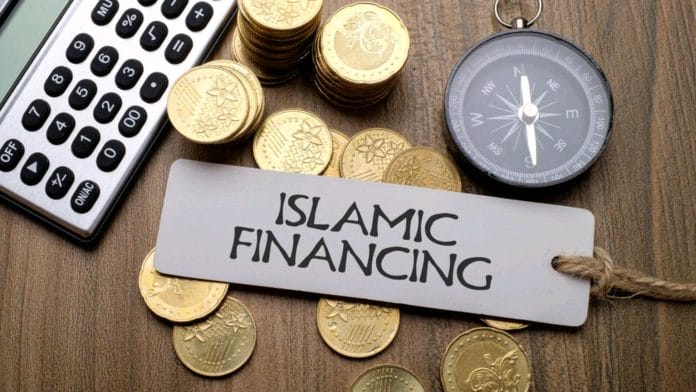
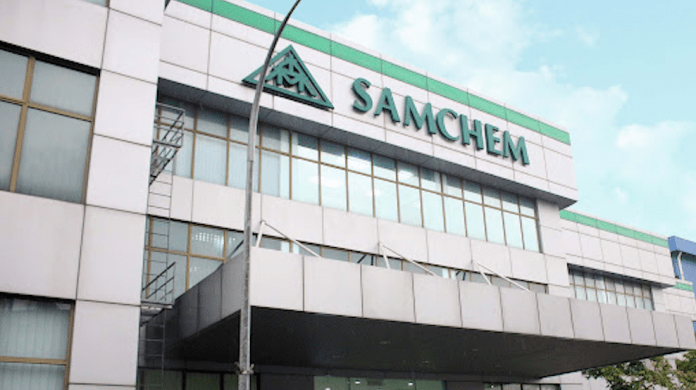


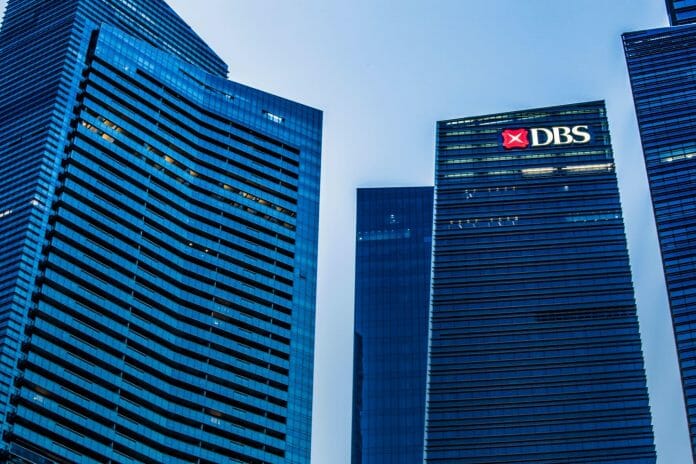

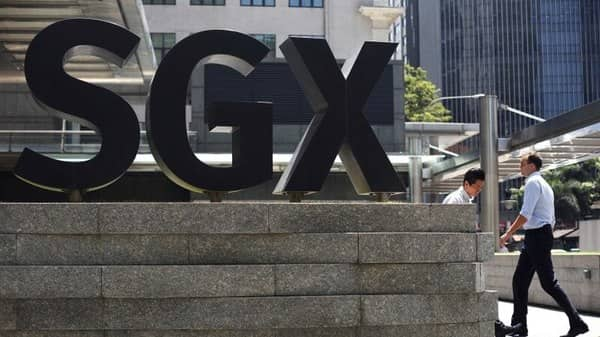
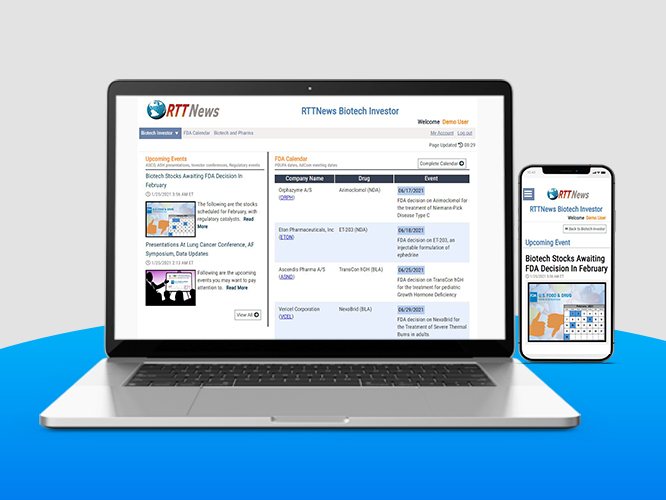

 White House Officials Meet State Legislative LeadersOn Reproductive RightsTop Biotech IPOs Of 2021 That Soared As Much As 500%-Share Story
White House Officials Meet State Legislative LeadersOn Reproductive RightsTop Biotech IPOs Of 2021 That Soared As Much As 500%-Share Story